By: Julie Smith-Taylor, APR
As PRSA members, we pledge to adhere to our Code of Ethics. This month, I’m focusing on the importance of being ethically conscientious and compliant when implementing social media campaigns. Read the tips to ensure you don’t cross the line whenever you, your employees or a paid blogger post. If you have time, please also read the entire advisory on Ethical Standards on the National PRSA website. There are more than 20 topics you can reference.
Social media is a defining element in today’s culture, now intricately woven into everyday society. Social media platforms are operating as multi-directional communication tools that offer an exchange of information in an open system-one in which, if not strategically approached, has the ability to quickly amplify ethical mistakes.
The speed, frequency and open accessibility of communication via social media introduces new challenges for PR pros. It intensifies the level of professional ethical responsibility. When you are actively engaging with key audiences through various social media outlets may lack the balanced accuracy and verification system inherent to traditional media. Consequently, social media material can not only be streaming in real time but also be unfiltered and inaccurate, creating both opportunity and risk if not carefully vetted and verified.
Taking the time to strategically approach social media as part of a public relations plan is crucial to avoid ethical transgressions.
Successfully navigating social media arenas in this manner is true to the PRSA Code of Ethics.
Trust is the Ultimate Currency of Social Media
In order to enhance trust, build positive relationships and support a free and informed democratic society, the following code elements and tips will guide the actions of ethical public relations professionals.
Social Media Ethics is relevant to at least five Code provisions and three professional values.
1. Disclosure of Information
- Content providers should work in a fully transparent environment. Fully disclose who you are, who you work for and any relevant affiliations.
- Fully disclose paid placements and all associations with a product to support informed opinions and rational decision making. Be consistently clear and ensure that all of your disclosures are easily identifiable to readers/viewers/users/audiences.
- Never use a false identify or post anonymously as it violates the disclosure principle.
- Ensure that employees whom you engage to spread the word about a company’s good deeds disclose their association to your company whenever they post.
- Always clearly disclose relationships, endorsements, and sponsorships
2. Safeguarding Confidences
- Be aware that while social media provides an increased ability to reach and engage various publics, it also increases the risk that confidential information, whether personal, corporate or intellectual property (IP), may be improperly disclosed. Even if shared without intent, it can have serious consequences for everyone concerned. Also, it’s important that as content providers, you be aware of an employee’s right to free speech as defined by the National Labor Relations Board (NLRB.)
- Do not post a picture of a client’s product on Instagram or other social media platforms before the news is released to the public
- Don’t release earnings information before the official earnings release
- Avoid premature postings prior to notifying stakeholders.
- Never post private employee information via social media channels.
- When unsure – NEVER POST
- Seek legal counsel to review current social media policies and training programs.
- Set guidelines on proper social media use.
- Understand the relevant rules and guidelines from various agencies such as the FTC.
- Immediately advise an appropriate authority if a PRSA member discovers that confidential information is being divulged by an employee of a client, company or organization.
3. Conflicts of Interest
- While creating content for various social media platforms, we must disclose conflicts of interest when communicating with audiences. For example, if you are working with social media influencers and providing product samples, you must ensure that proper disclosures (per FTC guidelines) are made.
- If gifts are given, ensure they are nominal, legal and infrequent.
- Make sure a physician discloses his ties to drug companies and avoids sharing biased advice on social media
- Don’t post about a client without disclosing your relationship
- Don’t let your CEO comment on social media about a particular industry issue without first assuring they disclose who they are and what company they represent.
- Link to a full curriculum vitae or resume in the bio of all subject matter experts.
- Include disclosure guidelines in the social media policies for all companies and organizations, including for their boards of directors.
4. Free Flow of Information
- Ensure that consumers can readily discern between sponsored content, news reporting and editorial content.
- Always ensure that a blogger discloses your sponsorship of them for their article or posts.
- Do not choose winners of social media contests solely based on how many followers the contestant has.
- Accurately report social media stats
- Be sure to have a Digital Ad Fraud system in place to report actual views and clicks.
- Require bloggers and social media influencers to sign agreements to identify proper disclosure per FTC guidelines, including the disclosure of any gifts or paid sponsorships.
- Provide actual language/wording to bloggers or other influencers
- Identify with a bio or statement reflecting that someone is a brand advocate or consultant.
5. Enhancing the Profession
- We build respect and credibility with the public with author transparency related to social media content.
- Keep publics informed and educated about the issues surrounding the profession.
- Share best practices and case studies with your colleagues whenever possible.
- Create a Strategic Plan vs. using online education to focus on products/services
- Stay abreast of new platforms, applications and publishing methodologies that are being adopted by various publics.
- Use trade associations to disseminate information and lead conversations.
- Increase access to resources and thought leaders through social media.
6. Honesty
7. Advocacy
8. Fairness
Read the entire advisory here: Ethical Standards Advisory. Check out three other sources for further reference to help you move forward with confidence in your social media efforts. I’m also including a link to the entire Code of Ethics here.
Good luck! Please reach out to me should you be facing an ethical dilemma or have any questions that I might answer or at least put you in touch with someone who can help. I look forward to sharing more content, offering guidance, solutions and providing resources on ethical matters in the months to come. If you would like to reach me, have questions or ideas of topics I should cover in this column, feel free to email me at juliesmithtaylor@gmail.com.
About the Author
Julie Smith-Taylor, APR is the owner and founder of Taylor PR Strategies. She earned her accreditation in public relations in 1993. This early career achievement opened the door to serving our PRSA chapter in a wide variety of board positions and committees through the years. Smith-Taylor was also the 2013 Chair of PRSA’s Western District and the 2019 Chair for the Opening Night Reception Committee for PRSA’s ICON held in San Diego.




